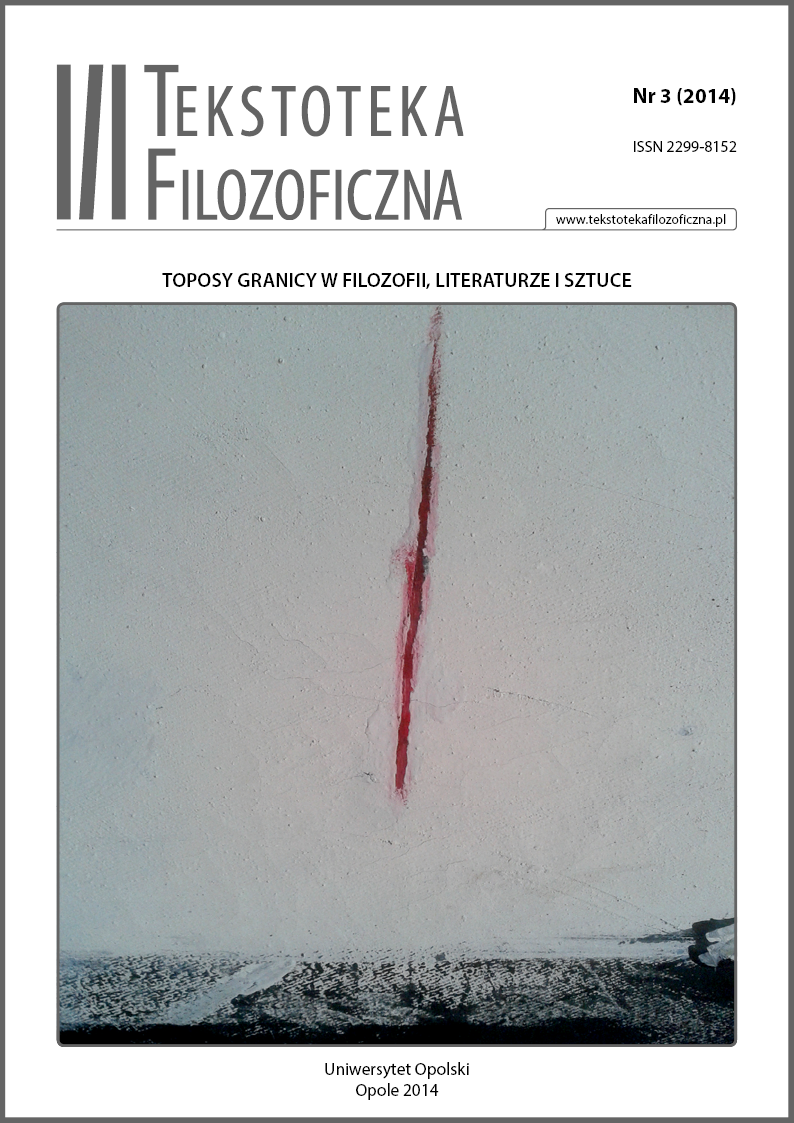Nihilistyczny "brak umiaru we wszystkim "
The nihilistic "lack of moderation in all things"
Author(s): Eugeniusz SadzińskiSubject(s): Philosophy, History of Philosophy, Philosophical Traditions, Special Branches of Philosophy
Published by: Uniwersytet Opolski
Keywords: Fyodor Dostoyevsky; nihilists; acute consciousness; self-humiliation; painful bliss; self-torment; spiritual emptiness; idleness
Summary/Abstract: The article is an attempt to present self-knowledge of Dostoyevsky's nihilists on the nature, origins and role of a particular type of intense experiences which they had in life. It turns out that they sought the essential source of "desperate" pleasure in the consciousness of their own corruption, fall. Firstly, although thanks to the experience they temporarily manage to exceed the current the existence, which is unbearable to them, however this way of coping with their own lives develops a sense of guilt and shame in them. Secondly, in the nihilists' life, self-humiliation is also an essential part of their well calculated survival strategy, the essence of which is moral perversion. Inherent to this strategy, they treat suffering and tears as a kind of activity, which they definitely favour over inactivity. Therefore, nihilists humiliate themselves not only to experience a moment of desperate pleasure here and now, but also in order to "live a little", e.g. repent of a crime, suffer, even cry, and finally make a last promise to become a better person. And after some time, they would once again humiliate themselves, suffer once more... They treat this sort of behaviour as a remedy for their overwhelming sense of spiritual emptiness and idleness. By escaping into intense experiences (whether it be dedication to a desperate moment of pleasure or moral perversion), they try nothing less than to touch the real life.
Journal: Tekstoteka Filozoficzna
- Issue Year: 2014
- Issue No: 3
- Page Range: 6-15
- Page Count: 10
- Language: Polish

